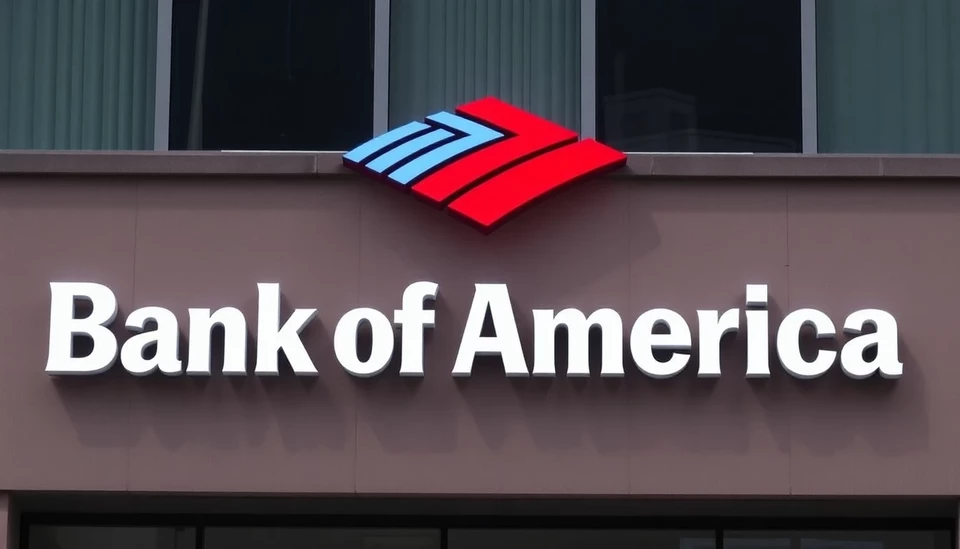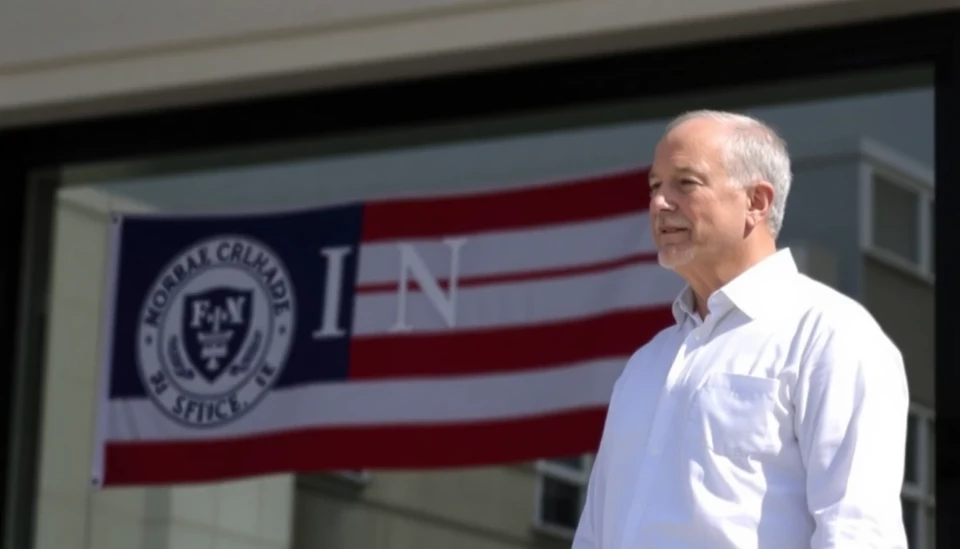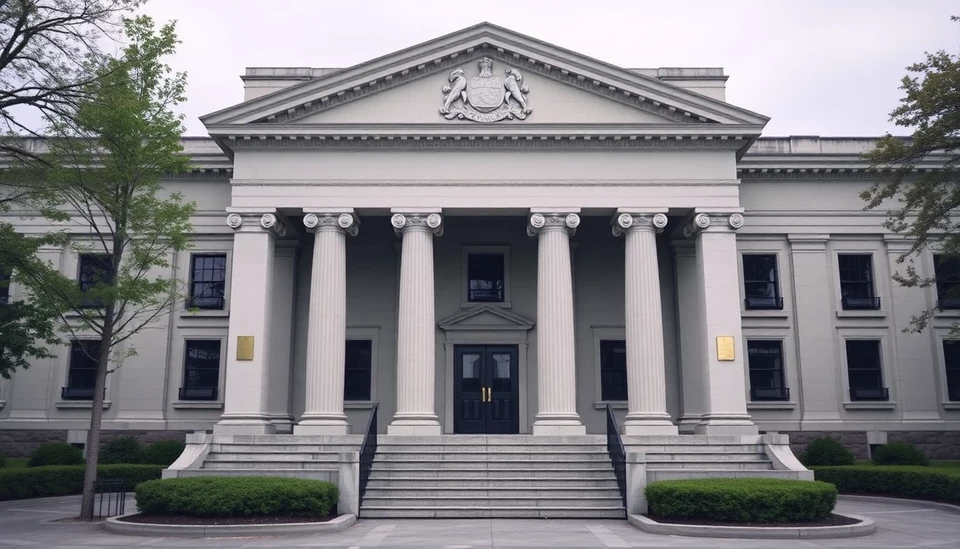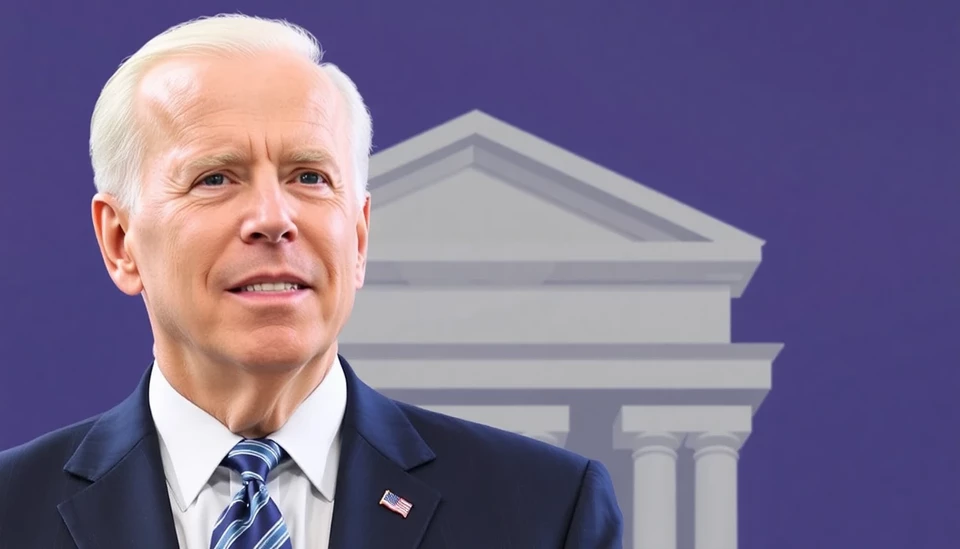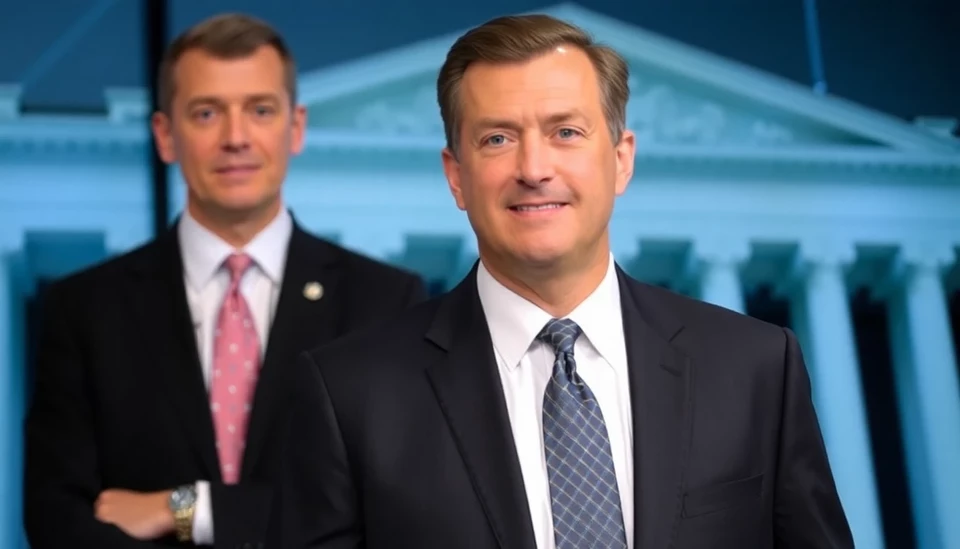
In a significant move, the Federal Deposit Insurance Corporation (FDIC) has initiated legal action against former executives of Silicon Valley Bank (SVB), seeking billions in damages attributed to the bank’s dramatic collapse last year. The lawsuit reflects the growing scrutiny surrounding the management of failing financial institutions and aims to hold senior executives accountable for their roles during the crisis.
The FDIC’s lawsuit targets several top officials from SVB, accusing them of gross mismanagement and negligence, which allegedly contributed to the bank's rapid downfall. The bank collapsed in March 2023, drawing widespread concern over what was perceived as a failure to properly navigate financial pressures, including rising interest rates and a decline in tech-sector funding.
At the heart of the FDIC's allegations is the claim that these executives ignored warning signs and failed to implement adequate risk management strategies, ultimately leading to the bank's insolvency. The complaint details a series of decisions made by the executives that allegedly worsened the bank’s financial standing, with the FDIC asserting that these choices were reckless and detrimental to SVB's depositors and shareholders.
As one of the most significant bank failures in U.S. history, the collapse of SVB not only impacted its customers but also sent shockwaves through the banking sector, raising fears of a broader financial crisis. The FDIC, tasked with ensuring public trust in the banking system, is now stepping in to pursue accountability, aiming to recoup losses that taxpayers may ultimately bear as a result of the bank's failure.
Legal experts expect the case to be closely watched as it unfolds, particularly given the significant financial stakes involved. The lawsuit may set a precedent on the extent to which bank executives can be held personally responsible for their institutions’ failures. The outcome could impact how banks operate and how executive decisions are scrutinized moving forward.
The FDIC's actions underscore the importance of regulatory oversight in the financial sector, especially in the wake of economic instability. Should the agency succeed in its lawsuit, it could signal a new era of accountability for executive actions within failing banks, potentially deterring similar conduct in the future.
The lawsuit is part of a broader trend in which regulatory bodies are increasingly willing to take legal action against executives in high-stakes failures, aiming to restore confidence in the banking system post-crisis. Furthermore, this case emphasizes the critical need for transparency and responsibility in banking management practices to protect depositors and maintain stability in the financial markets.
As the legal proceedings begin, many are eager to see how former SVB executives respond to the allegations and whether they will mount a vigorous defense against the charges levied by the FDIC. This case serves as a pivotal moment for the banking industry, one that could redefine accountability standards for years to come.
In conclusion, the FDIC's lawsuit against the former executives of SVB marks a significant chapter in the narrative of corporate accountability, shedding light on the challenges faced by the financial sector and the implications for regulatory practices moving forward.
#FDIC #SVB #BankCollapse #FinancialRegulation #CorporateAccountability #BankingCrisis #LegalAction
Author: Victoria Adams
